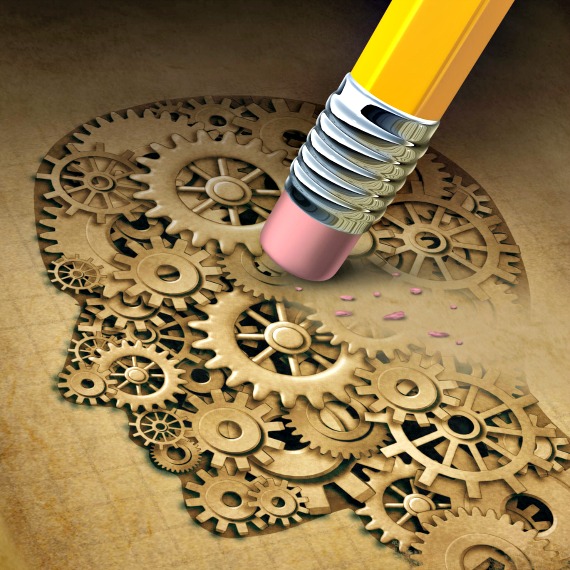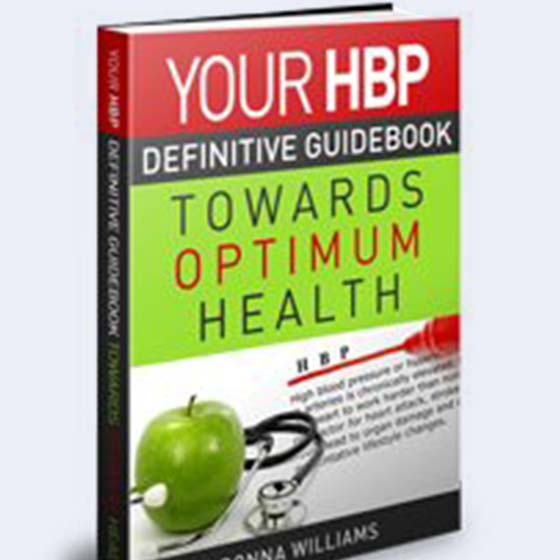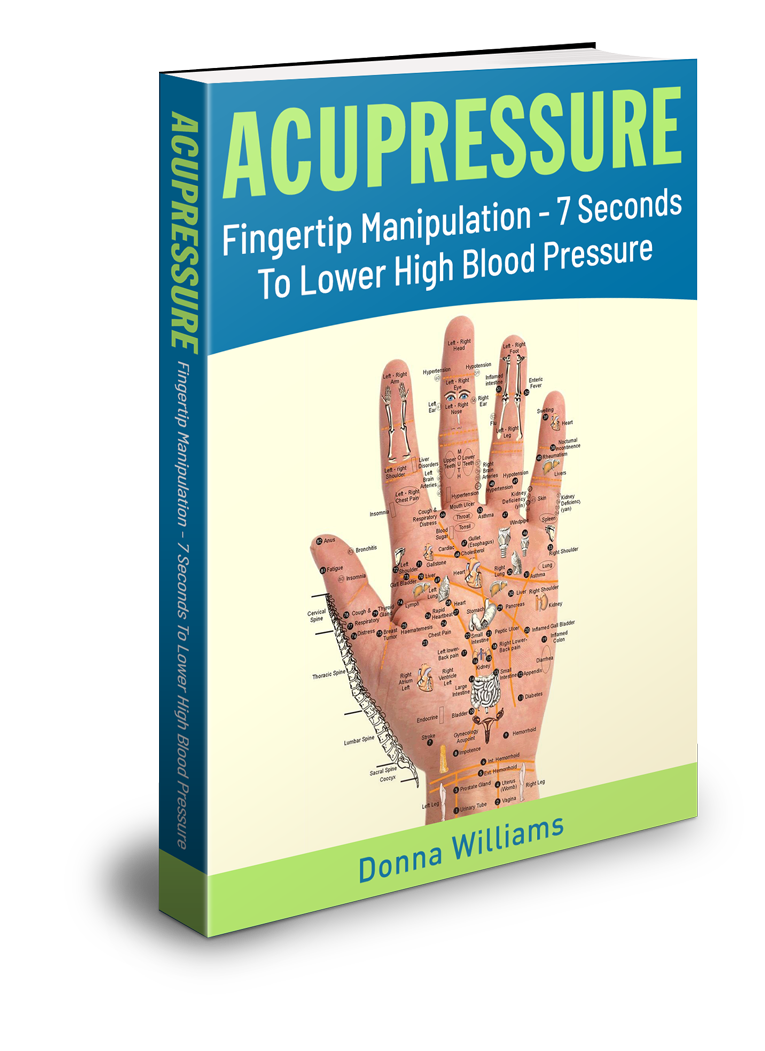Health is wealth, eat well to live well.
Join my community and receive my free ebook! Subscribe now >>
Alzheimer Disease, High Blood Pressure And A Possible Prevention Plan!
There’s an Alzheimer disease best prevention plan that’s incorporated into how to overcome high blood pressure online program. This disease starts thirty years, taking a stronghold within the body, before ANY symptoms.

One of the hazards of high blood pressure is the increased risk of Alzheimer Disease. With people living longer, into their mid-seventies or older, the world is facing the potential epidemic of dementia.
The medical world is not clear on what causes Alzheimer's disease, but it is associated with protein clumps, called amyloid plaques, in the brain, along with tangles of brain cells.
The promising news about its prevention is to decrease illnesses that increase your risk, such as heart disease, diabetes, obesity, depression, and sleep apnea.
What they are sure of is the root cause associated with these illnesses, and it is inflammation.
Alzheimer disease is a growing concern and affects one in eight people over the age of 60. Researchers predict that it could strike 14 million individuals by 2050.
But there’s promising news about a cure below.
My Family Experience With Alzheimer's Disease
It is heartbreaking when someone you love has Alzheimer's. I know this first hand.

My Grandmother and two of my sisters had Alzheimer. I don't know if my Grandmother had high blood pressure that was in the 1960s, but my two sisters had high blood pressure.
They are all deceased.
My Grandmother was diagnosed when she was ninety, and my two sisters started their journey just after turning sixty-five.
One died three years after being diagnosed at age sixty-eight. My other sister died when she was seventy-two, a seven-year decline with four years of complete disabilities, she also had a stroke.
Share your stories, ask questions or make comments about this topic. View other's stories.Symptoms Of This Disease
Since some of the symptoms of early onset of Alzheimer's can include forgetfulness, and trouble focusing many of us worry every time we forget something. I know I do....
I am from a family of nine; and one of my sisters said this "Why worry Donna you won't know when you have it". That saying has cured me of that worry, because its true I won't know. I am living my life to the fullest.
These memory lapses do occur at any age, but we tend to get more upset as we age because we fear it may be a sign of dementia or a loss of mental acuity.
Most of these concerns are often nothing to worry about. In fact, most of these fleeting memory problems are normal changes in the structure and function of your brain as you age.
I am sure you have gone into your bedroom and do not remember why, or you cannot recall a familiar individual name during a conversation and have even missed appointments because it slipped your mind.
That's not to say you should ignore all symptoms, but you know your own mind and can tell when something is off. So here are some facts to consider as your brain age and shrinks over time and have asked yourself the question?
Could this be a sign of Alzheimer Disease?
Warning Signs Of Alzheimer's Disease
- Asks the same questions over and over again.
- Repeats the same story over and over again, word for word.
- Gets lost in familiar surroundings.
- Neglect to bathe and wears the same clothes daily.
High Blood Pressure And Your Brain
The adverse effects of high blood pressure on mental functioning have been verified in several large-scale studies. Researchers discovered that elevated systolic blood pressure in midlife was a significant predictor of diminished mental function in later life.
As part of your best prevention plan, include some of these supplements as part of your daily consumption in maintaining a healthy brain.
Nutritional Supplements
- Acetyl-L-Carnitine: This amino acid provides your brain with much needed power by preserving mitrochondria - the tiny energy factories found within your brain cells. It improves blood flow and effectively treats mild cognitive impairment and may even help with early-onset of Alzheimer disease. It is an unique form of L-Carnitine that provides antioxidant protection throughout your nervous system.
- Alpha Lipoic Acid (ALA): This powerful nutrient protects your brain cells by enhancing other detoxifying agents such as glutathione, which contributes to metabolic functions that affects your brain including glucose metabolism. ALA is so effective, studies show that it can halt the oxidative damages that occurs as your brains age.
- Magnesium: This mineral enhances the brain's plasticity, increase the number of brain synapses that can be switched on making it essential for a healthy nervous system. Researchers at the Massachusetts Institute of Technology states that extra magnesium increased memory recall by an impressive 56% thanks in part to a 142% growth in synaptic ends, which boosted the speed of brain transmission by 160%.
- Vitamin B3 better known as Niacin, foster the growth of new blood vessels and neurons after a stroke. Also help to guard against age-related memory loss. It also works in concert to protect cognitive function. Since the B Vitamins family works together it is best to take a B Complex that provides at least 50 mg of the major Bs.
- Lion's Mane: Used throughout Asia as an immune-stimulating tonic has found to also stimulate your brain. There are specific compounds called erinacines that enhances cognition and memory by speeding myelination and the production of nerve growth factor - a protein that plays a key role in the maintenance and regeneration of neurons.
- Also includes these foods into your daily diet: Prebiotic foods, fermented vegetables, and brain herbs.
While an unhealthy lifestyle may increase your chances there is much you can do to reduce the odds of becoming one of the statistics by giving your body the nutritional tools it needs.
How to overcome high blood pressure online program helps you to meet these nutritional guidelines and help to decrease your increased risk and a prevention plan to Alzheimer disease.
Alzheimer Disease - New Discovery
Recently, Dr. Rudolph Tanzi, a Harvard University Neuroscientist states there are promising developments on the road to a cure.
Dr. Tanzi said when you cycle into the deepest stage of sleep after REM several times every night, it is then and only then you stop making amyloid and clear out the plaque and other debris from the brain.
Sleep Position And The Elimination Of Brain Waste
Getting seven to eight hours of sleep every night can help in the prevention of Alzheimer Disease.
So to avoid or to slow down Alzheimer Disease, sharpen your mental
powers by giving your brain what it needs to fire on all cylinders.
Your Comments On Dementia And Alzheimer
How has your life changed since you or a family member has been diagnosed. Please share what you are going through, or experiencing?
Probably someone will see your situation and can offer information on getting help or just as a means of support.
Return To Dementia From Alzheimer Disease






New! Comments
Have your say about what you just read! Leave me a comment in the box below.